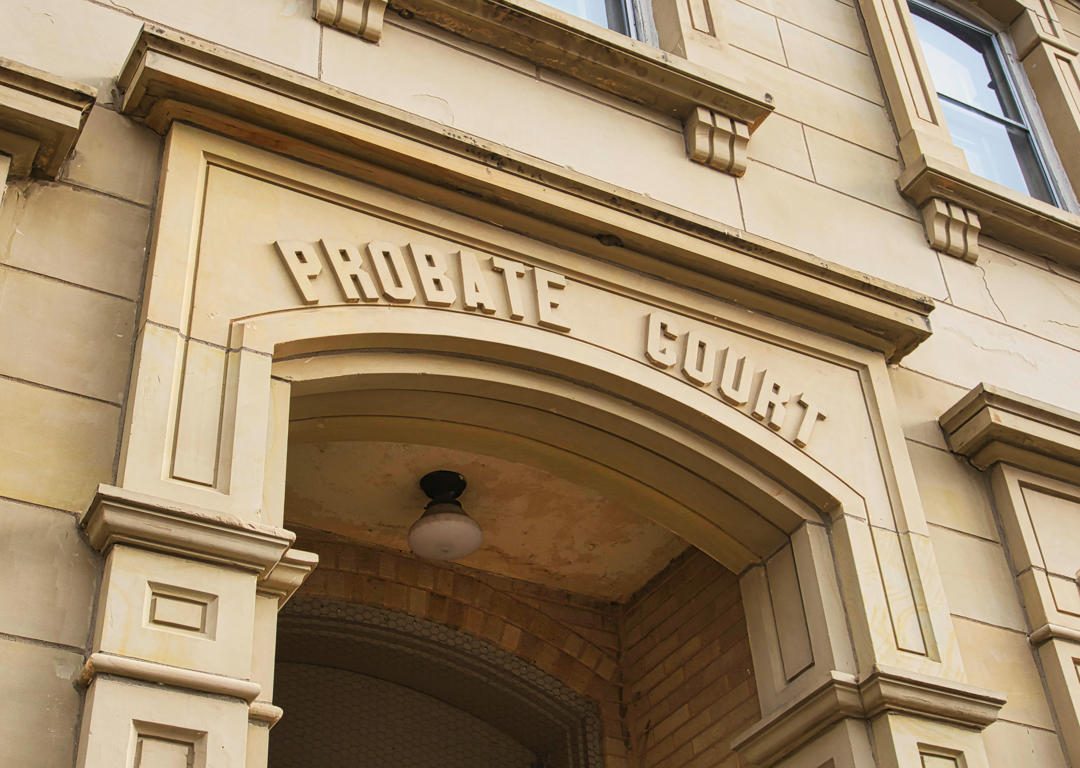How to Protect Your Estate from Idaho Probate Court
Planning for the future isn’t just about financial savings—it’s about ensuring your wishes are honored and your loved ones are spared unnecessary legal burdens. In Idaho, one of the most effective ways to achieve that goal is by avoiding probate.
Probate is the court-supervised process of distributing a person’s assets after they pass away. While it serves an important legal function, probate can be time-consuming, public, and expensive. The good news is that Idaho offers several legal tools to help individuals and families keep their estates out of probate court.
This guide breaks down how probate works, why many people choose to avoid it, and the specific steps you can take under Idaho law to simplify the process for your heirs.
What Is Probate and Why Do People Try to Avoid It?
Probate is a legal proceeding through which a deceased person’s estate is settled, meaning their debts are paid, and their assets are distributed to beneficiaries. The process is initiated in the local county court, and it typically involves:
- Validating the decedent’s will (if one exists)
- Appointing a personal representative (executor)
- Inventorying all assets
- Paying final taxes and debts
- Distributing remaining assets to heirs
In Idaho, probate can take several months to over a year, depending on the estate’s size, the presence of disputes, and whether a will is in place. Additionally, court fees, attorney’s fees, and required filings can reduce the value of the estate.
Many Idaho families choose to avoid probate because:
- It delays inheritance
- It adds administrative burdens during a time of grief
- It exposes financial and personal information to the public record
- It creates opportunities for family conflict
That’s why working with an experienced estate attorney in Boise is critical—these professionals can help you implement strategies that keep your estate private, efficient, and protected.
Does Every Estate Go Through Probate in Idaho?
Not all estates in Idaho require full probate. The state offers small estate alternatives for qualifying cases. Under Idaho Code § 15-3-1201, if the total estate value is under $100,000 and does not include real estate, heirs may be able to collect assets using a Small Estate Affidavit.
This streamlined approach is useful for modest estates, but larger or more complex estates generally do pass through probate unless specific steps are taken in advance.
How to Avoid Probate in Idaho: Proven Legal Strategies
Avoiding probate doesn’t mean avoiding planning—it means planning smarter. Below are the most common tools and strategies Idaho residents use to legally bypass probate court.
1. Create a Revocable Living Trust
A revocable living trust is the most powerful and flexible way to avoid probate in Idaho. When you create a trust, you legally transfer ownership of your assets into the trust during your lifetime. You can continue managing and using the assets just as you normally would.
Upon your death, the assets in the trust are distributed according to your instructions without court involvement.
Benefits of a living trust:
- Avoids probate for all included assets
- Keeps your estate private
- Prevents delays in asset distribution
- Allows for management of assets during incapacity
- Offers flexibility to amend or revoke the trust during your lifetime
A living trust lawyer in Meridian or Boise can help you draft and fund your trust properly, ensuring your home, financial accounts, and valuable assets are legally transferred into the trust.
2. Use Beneficiary Designations for Accounts
Many financial assets do not require probate if a beneficiary is named. These include:
- Life insurance policies
- Retirement accounts (401(k), IRA)
- Payable-on-death (POD) bank accounts
- Transfer-on-death (TOD) brokerage accounts
By designating a beneficiary (or multiple beneficiaries), you ensure that these funds pass directly to your chosen individuals upon your death. No court involvement is required.
It’s important to review these designations regularly, especially after a major life change like divorce, remarriage, or the birth of a grandchild, to ensure they reflect your current wishes.
3. Hold Property Jointly with Rights of Survivorship
In Idaho, property owned jointly with rights of survivorship automatically passes to the surviving owner when one owner dies.
This applies to:
- Joint bank accounts
- Real estate titled with survivorship language
- Vehicles registered with joint ownership
This method avoids probate for the surviving co-owner, but it’s not always advisable to add children or other individuals to property titles, as it can create tax complications or expose assets to their creditors. Always consult with an estate attorney in Boise before retitling property.
4. Use Community Property with Right of Survivorship (CPWROS)
Idaho is one of nine community property states in the U.S., which gives married couples another probate-avoidance tool: Community Property with Right of Survivorship (CPWROS). This title form ensures that the surviving spouse automatically inherits the entire interest in the property, without probate.
CPWROS is commonly used for:
- Homes
- Investment properties
- Bank accounts
Unlike regular joint tenancy, CPWROS also provides a full step-up in tax basis for capital gains purposes, making it a highly tax-efficient choice for married couples.
5. Give Gifts While You’re Alive
One way to reduce the size of your estate—and avoid probate on those assets—is to gift property during your lifetime. Idaho allows individuals to give up to $18,000 per person per year (as of 2024, per federal gift tax rules) without incurring gift tax.
Gifting can include:
- Transferring ownership of vehicles or heirlooms
- Donating cash to children or grandchildren
- Deeding property to family members before death
Keep in mind that once you give a gift, it becomes the recipient’s legal property. Speak with a qualified attorney to ensure gifting aligns with your long-term financial and legal goals.
What Happens If You Die Without a Will in Idaho?
If a person dies without a will (known as dying “intestate”), Idaho’s probate court will distribute the estate according to the rules in Idaho Code § 15-2-101 and related statutes.
Typically:
- The surviving spouse receives a portion or all of the estate
- Children, parents, or siblings may also inherit, depending on the situation
- The court appoints a personal representative to manage the estate
Without an estate plan, the process becomes longer, more expensive, and more uncertain. More importantly, the state, not you, determines who inherits your assets.
Why You Should Work with an Estate Planning Attorney
Avoiding probate is possible—but it requires legal precision. Errors in titling assets, outdated documents, or incomplete transfers can cause an estate to fall back into probate, despite your intentions.
A qualified estate attorney in Boise can help you:
- Draft and fund a revocable living trust
- Prepare powers of attorney and health care directives
- Coordinate beneficiary designations with your overall estate plan
- Reduce estate taxes and simplify asset transfers
- Ensure your documents comply with current Idaho law
At Shep Law Group, our estate planning attorneys serve clients in Boise, Meridian, Eagle, and across Idaho. We work closely with families to build customized, legally sound plans that honor their wishes and spare loved ones unnecessary hardship.
Whether you’re planning your first will or seeking to convert your estate to a probate-free trust structure, we’re here to help you move forward with peace of mind.




